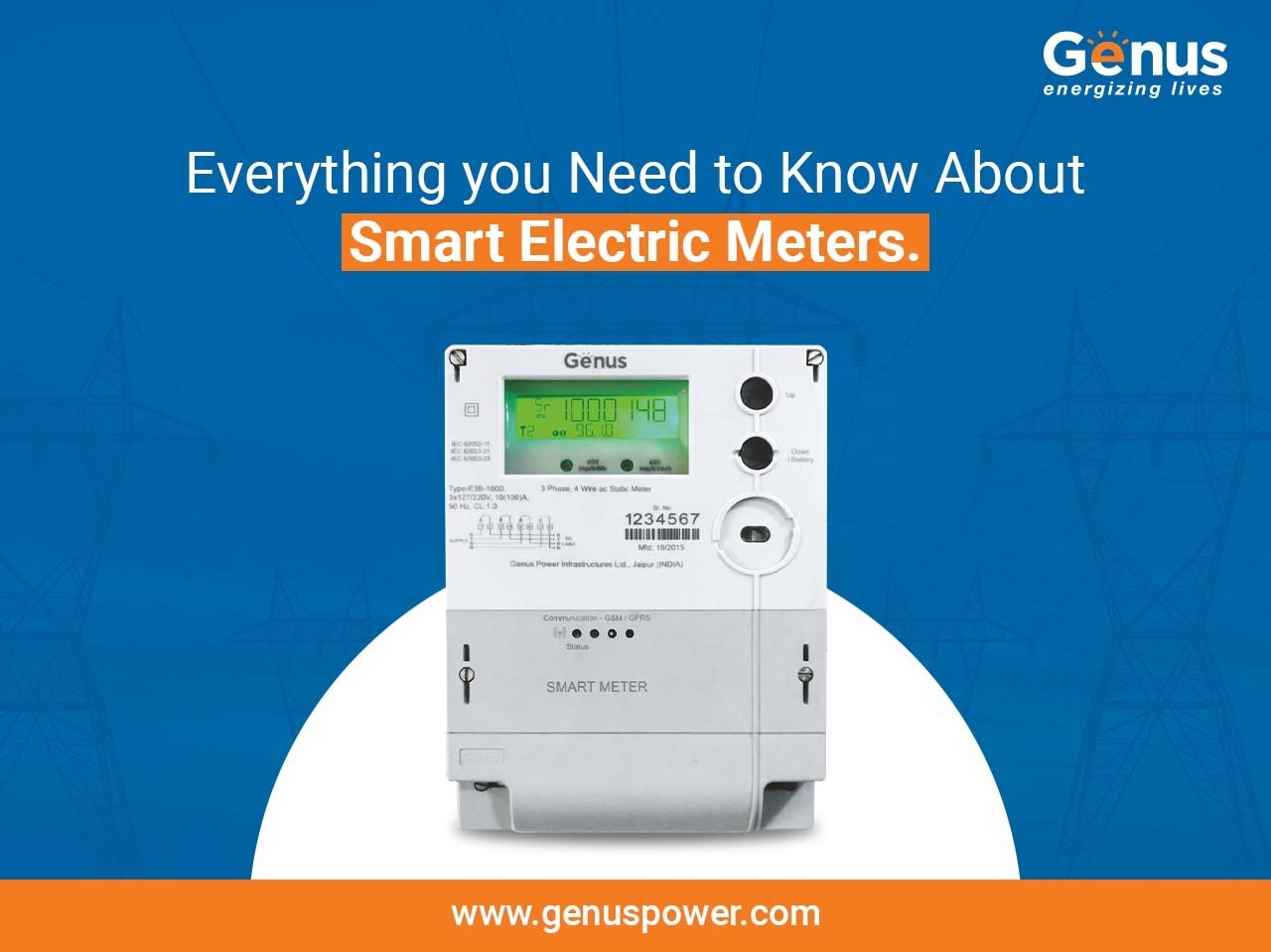
Let’s face it, the traditional electric meter has gone obsolete. Though they’ve provided reliable service for a long time, with the current sustainability requirements, using them just won’t cut it. Fortunately, smart electric meters, along with distribution transformer, have taken the mantle from conventional meters in providing reliable electrical connections to consumers, along with making supply more efficient and sustainable.
Let’s understand what smart electric meters are, and their many benefits.
In essence, a smart power meter works exactly like a traditional meter, in that it measures, monitors, and records your energy consumption. However, there’s one big difference.
Rather than requiring a meter reader to check the usage, this electric meter relays your consumption information directly to the utility operator, as it’s a digital device with a communication module. On average, these smart meters send the usage information every 15 minutes or so, which eliminates the need for a dedicated meter reader.
If you’re looking for the best 3 phase meter box in India, Genus Power has got your back. From smart metering solutions to all-inclusive smart grids, we provide everything to help you meet your energy requirements, and that too, sustainability.
A smart power meter takes automatic readings of your residential, commercial, or industrial electricity usage and relays the information wirelessly to your energy supplier. Moreover, some meters also help you analyze your energy usage trends during both peak and off-peak hours, which can help you predict your future usage, and thereby allow you to reduce your electricity bills accordingly – no action is required on your end.
Plus, a single-phase electric meter also comes with an in-home display, which allows users to view their energy usage and how much it’ll cost.
For the best smart power meters, go with Genus Company. With proven capability in technology, design, and manufacturing, we offer premium electric products, all at a pocket-friendly price tag.
A smart meter is available in two configurations – a three-phase and single-phase electric meter.
There’s only one major difference between the two types – their energy requirement. Customers that use high amounts of power, such as industrial and commercial enterprises, usually use a three-phase connection. As you may have guessed, to measure the consumption, you require a 3-phase smart meter.
In comparison, electricity requirement in homes is generally on the lower side than commercial and industrial usage. So, utility operators usually set up a single phase energy meter connection for homes. So, homeowners require a single-phase smart electricity meter to calculate their usage.
Other than these two common meter types, there also are like distribution transformer operated and CT-PT meters, depending on your needs.
Since a smart meter automates the entire meter reading process, significantly reducing any room for error. Other than that, it also enables accurate cost estimation and reduces wastage. Simply put, it adds sustainability and transparency to energy usage.
Aside from these benefits, a smart electric meter also brings safety advantages to the table. For example, a smart electric meter can help you detect and localize anomalies. Plus, with predictive consumption analysis, utility operators can regulate the outgoing power supply as per peak and off-peak hours.
So, needless to say, smart electric meters are the future of electric metering systems.
Whether you want a single-phase or three-phase meter, we at Genus Power can take care of all your metering needs. Connect with us today to learn more about smart metering solutions.